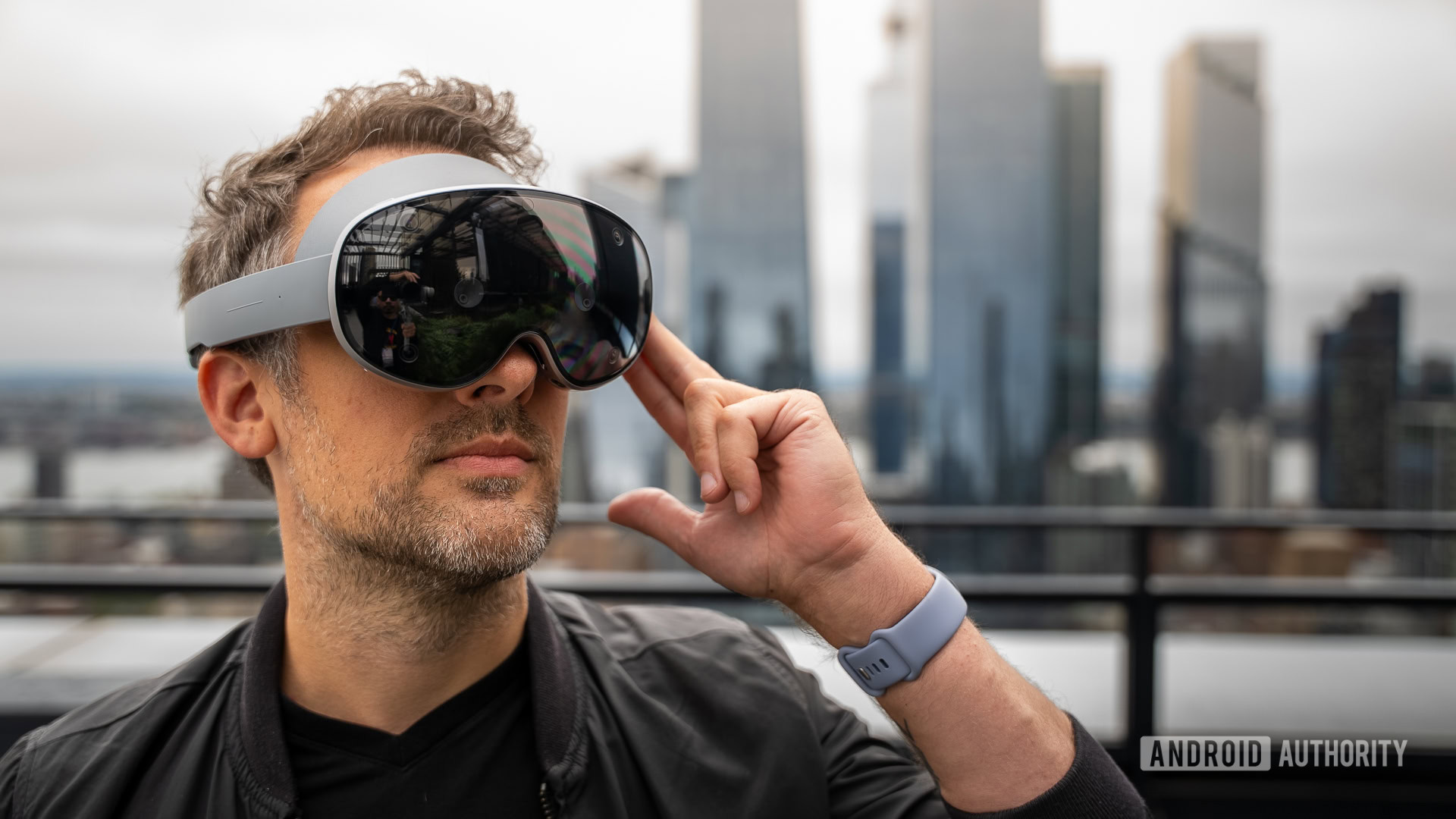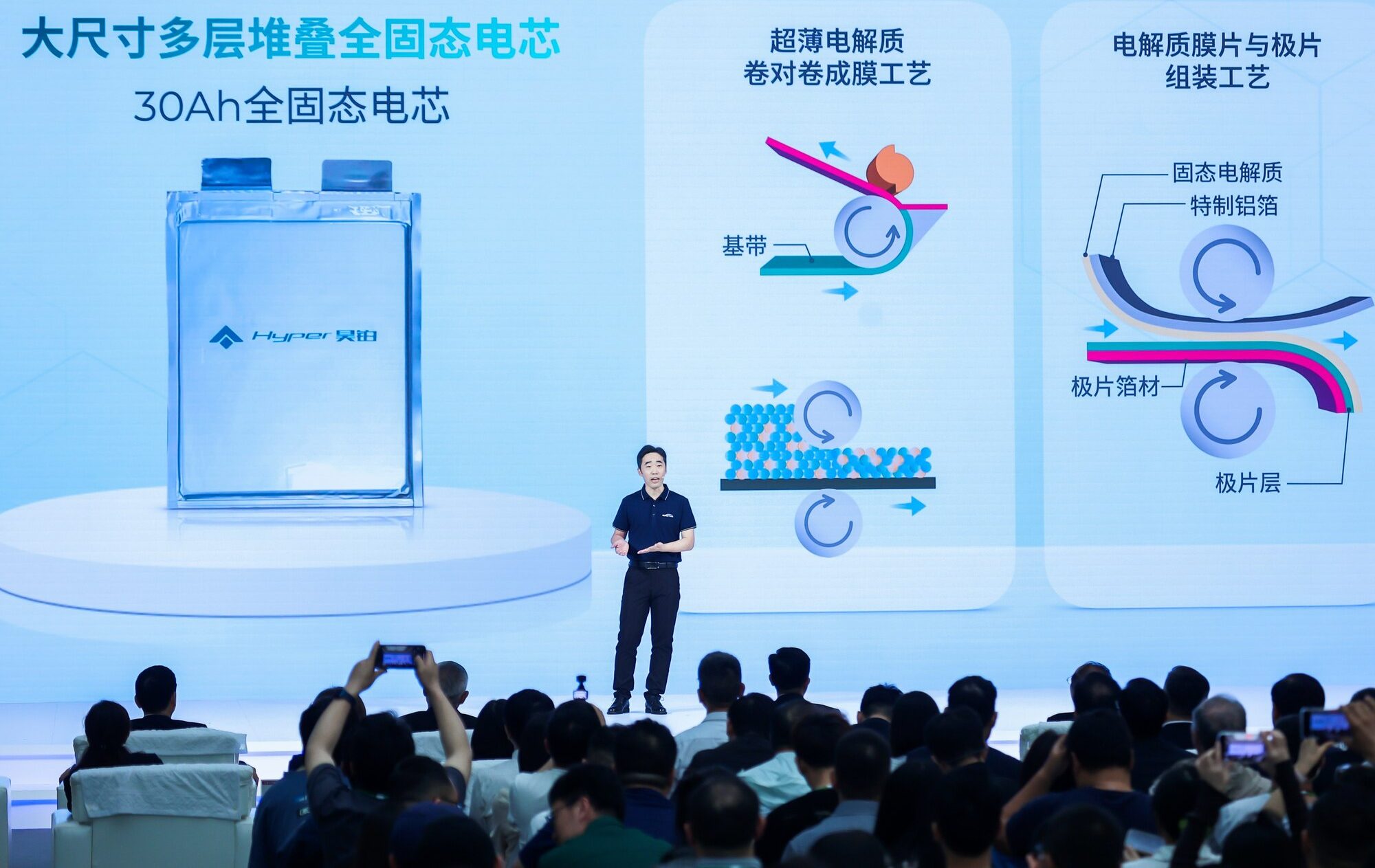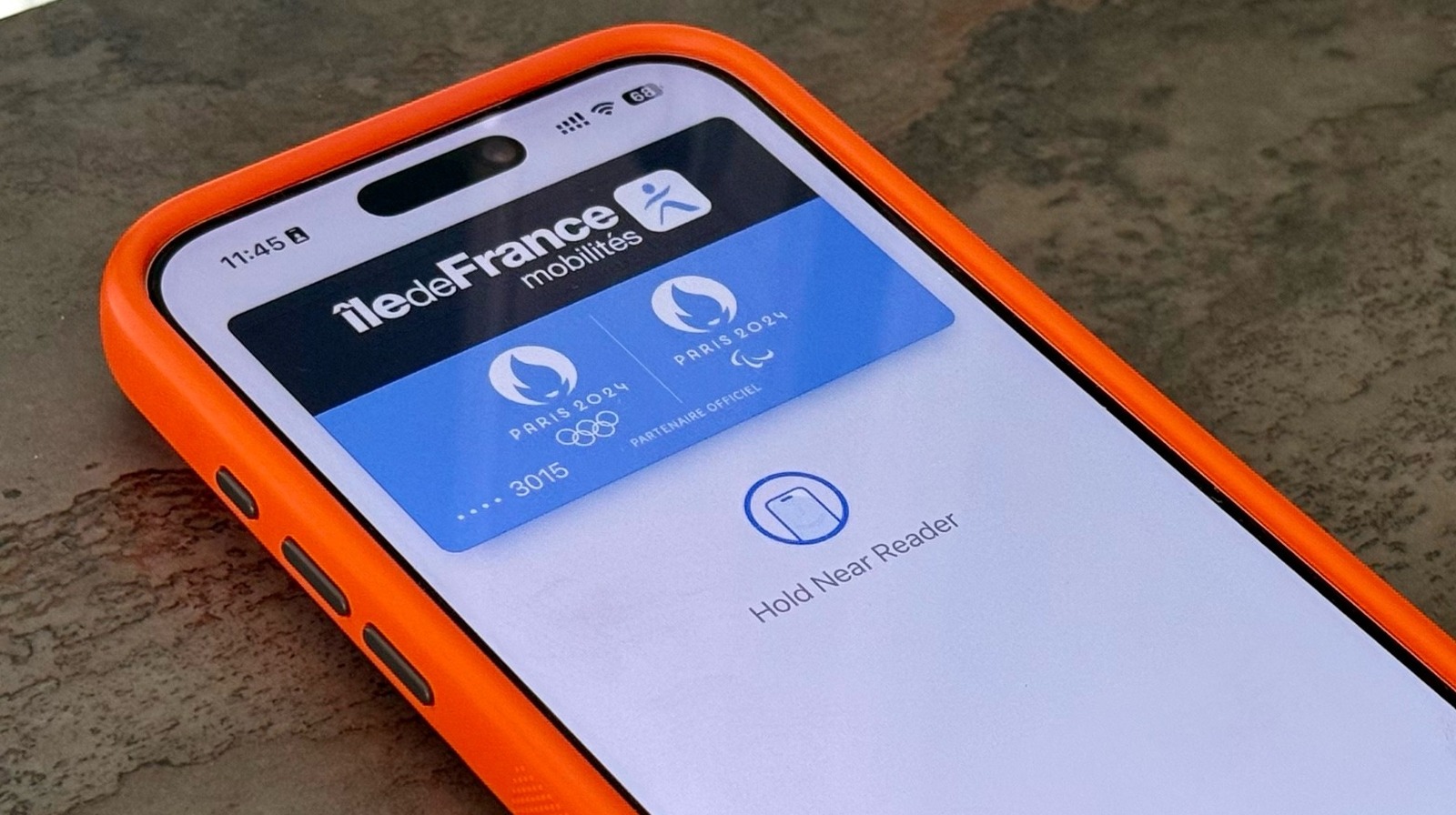The harm principle has been cited for hundreds of years to justify laws and big government. The idea is that your freedom ends where another’s begins. In other words, your freedom to drive your Lamborghini at 300 mph in a school zone is overshadowed by the freedom of a child to safely cross the road after school. That makes perfect sense. In crypto, governments — particularly in the U.S. — have continually asked for more and more user data, and it’s gone too far. The Coinbase hack is just another example of how vulnerable we are when we give away all of our data.
Governments say they regulate crypto to protect us from bad actors — scammers, hackers, money launderers, and drug traffickers. They want to protect us from harm. But they are really asking crypto companies to do the job the government is paid to do. We know it’s easier for the cops to find criminals if they have their fingerprints on file or a sample of their DNA. Yet, we are uncomfortable when some government comes up with a plan to register the population’s DNA. Why? Because we know mistakes are made, we know there are bad people out there, and we instinctively want to protect ourselves. It’s the reason you locked your front door when you went to bed last night. Why take a risk?
Towards the end of my time as Paxful CEO, I realized U.S. regulators were going down a road that would make it impossible for me to do business with the people for whom I built the company — the people of the Global South. Our customers’ freedom ended where the U.S. government’s started — and that KYC line was drawn so far from our users’ ability to provide the required data that it forced me to make the biggest decision of my business life. I resigned, handed back my shares, and became the CEO of NoOnes, based in the Global South. I had to move my business and my life to serve my customers.
“The flip side of the KYC line that gives regulators our data is that it takes away our privacy.”
The flip side of the KYC line that gives regulators our data is that it takes away our privacy — and let’s be clear about what privacy means. When you lose your privacy, you increase your vulnerability, and the more data you give away, the more vulnerable you become. When your curtains are left open, people can see you; when your door is unlocked, people can walk into your house; and when you give up your personal financial data, bad people can more easily steal your money — or worse. Think about the crypto entrepreneurs targeted in France recently because their personal data was accessed. The crypto companies that fell into line with the U.S. and did deals to stay in business to protect their money now have to ask themselves a question: Have the regulators gone too far?
Crypto was supposed to be trustless, but many users around the world now realize the technology that makes crypto trustless isn’t worth a damn if it’s not used as it was intended. There is no point locking your front door tonight if you leave your keys on the front door step. The security and safety of people’s money is critical, and I have always made it my number one priority in each of my start-ups — but I won’t take more user data than I need to keep them safe. You won’t last long if your customers don’t trust you, but you also won’t last if you trust the regulators more than you trust your users.
There comes a point where the level of regulatory control stops your business from being viable. The irony is that the same regulations supposedly designed to protect people are now putting them at risk.










